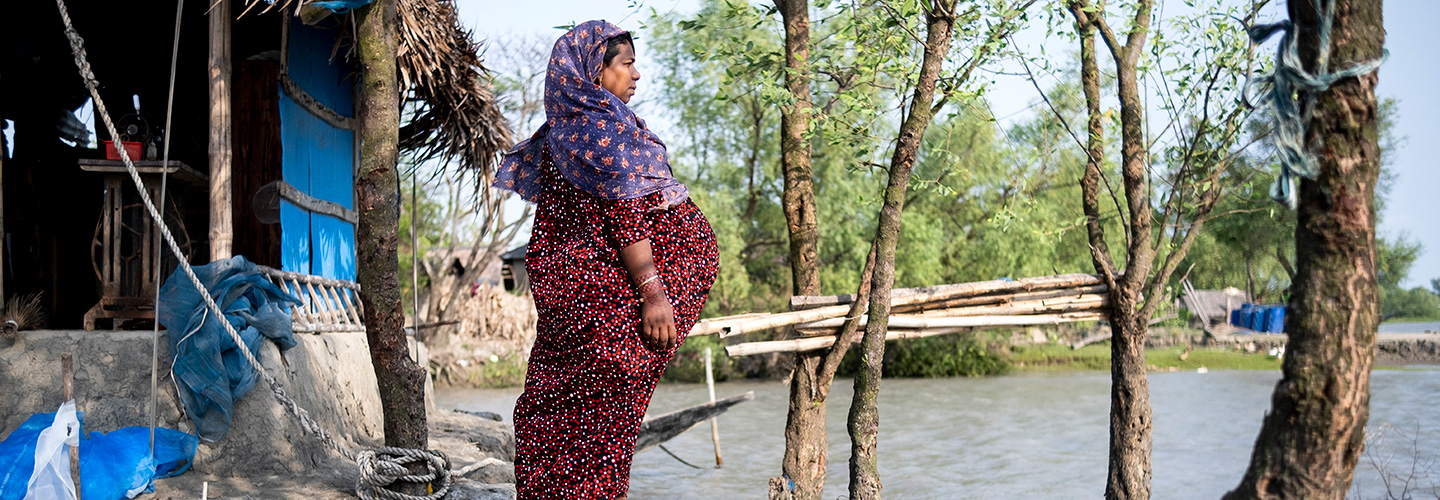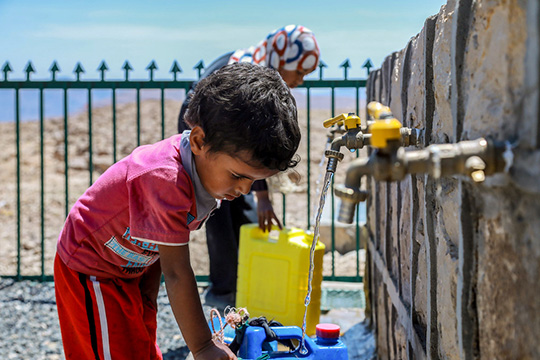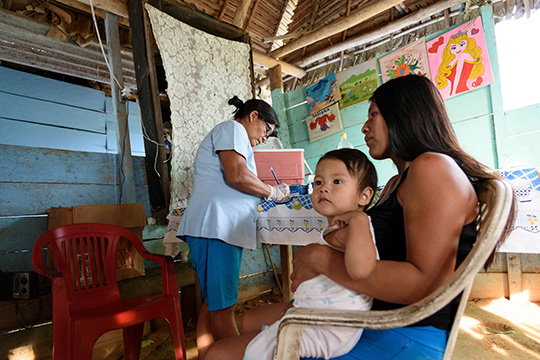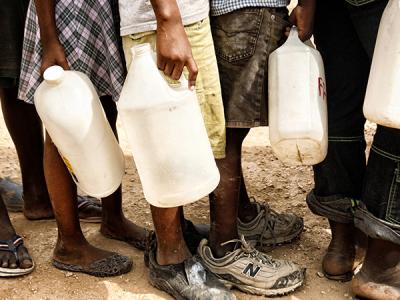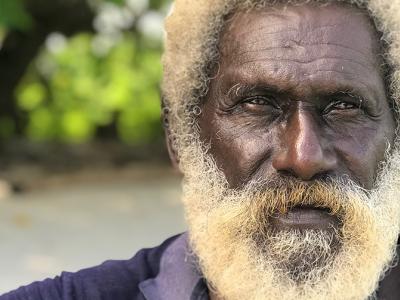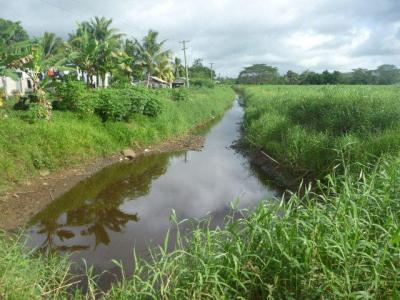Climate change has far-reaching impacts on human health and well-being. Changing temperature and rainfall patterns impact crop yields, food security, water security, and nutrition; more frequent and intense heatwaves lead to increased heat strokes and deaths related to cardiovascular and respiratory diseases; increased frequency and intensity of extreme events can cause not only injury and death, but also increases the risk of water-borne diseases (diarrheal disease, Hepatitis A and E, bacterial diseases such as cholera), diseases associated with crowding (measles, meningitis, acute respiratory infections), vector-borne diseases (malaria, dengue, Japanese Encephalitis), and psychological and emotional distress related to traumatic events, natural disasters or displacement. Health systems are also at risk of direct climate-driven disasters, which may undermine or destroy health infrastructure, healthcare services and supply chains for essential health commodities.
The impacts are exacerbated in countries where health systems already struggle to manage existing health risks, and where capacity to adapt to additional climate change-related health risks is limited. At particular risk are the most vulnerable: children, elderly and low-income communities. Health planning must integrate climate change - and vice versa - to ensure adaptation measures are in place for both preparation and response to these clear and present risks.
Partnerships
UNDP’s work on health is done in close partnership with WHO, including as co-sponsors of UNAIDS. The impact of the partnership, from the global to country level, illustrates how the core competencies of the UN health and development agencies can come together to support multi-sectoral responses for health and deliver shared gains across the 2030 Agenda.

